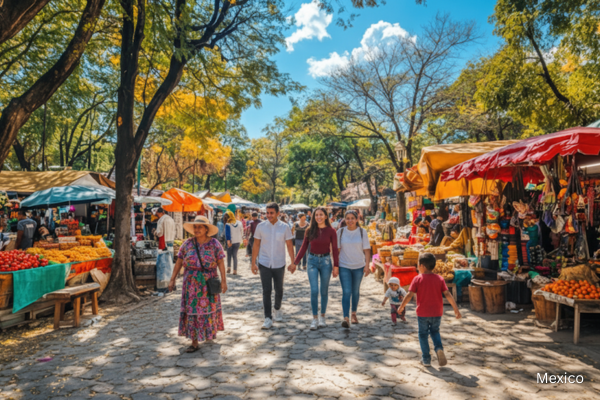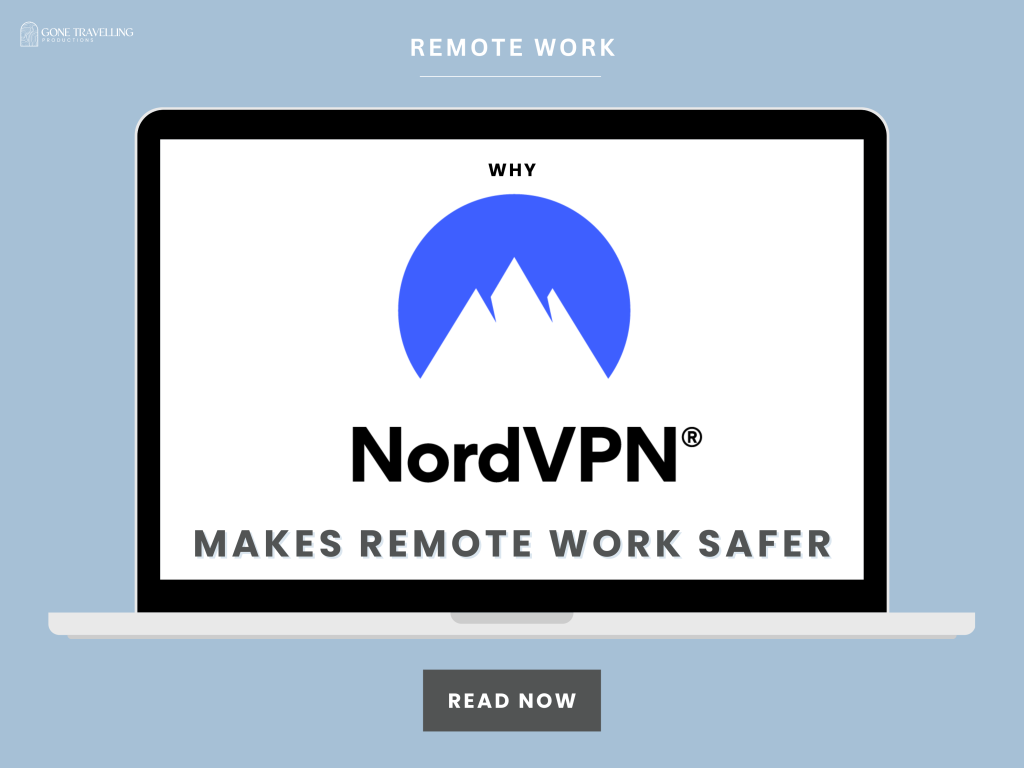Livingborderlessly
Archives
The Ultimate Guide to Remote Work Travel & Visa Requirements (2025)
SIGN UP FOR OUR NEWSLETTER
|
Hey there, global citizens! 👋
Ready to trade your home office for a view of the coast or rainforest? Before you book that one-way ticket, let's talk visas. We've decoded the requirements for 5 incredible destinations that are begging you to stay awhile. |
The nine-to-five has been replaced by the work-from-anywhere revolution, a seismic shift that has untethered millions of professionals from their physical offices.
This newfound freedom has ignited a global movement of Remote Work Travel, where the morning commute is a stroll to a cafe in Lisbon and the lunch break is a swim in the Adriatic Sea.
But this lifestyle, once the domain of freelancers piecing together tourist visas, has entered a new era of legitimacy.
Governments worldwide, recognizing the economic boon of attracting high-earning professionals, are rolling out specialized visas designed specifically for the digital nomad.
It's a complete paradigm shift.
No longer are remote workers operating in a legal gray area; they are being actively courted with formal pathways to temporary, and sometimes even long-term, residency.
This is not a simple tourist visa extension.
These programs are sophisticated instruments of economic policy, demanding rigorous proof of income, health insurance, and a clean criminal record.
Navigating these requirements is the difference between realizing the dream and facing a bureaucratic nightmare.
Your Guide to Visa Requirements for Remote Workers
The options are expanding rapidly, but a few key destinations have emerged as pioneers, offering clear and compelling frameworks for international professionals.
Each country presents a unique blend of culture, cost of living, and, crucially, specific legal and financial hurdles.
The European Appeal: History, Culture, and Connectivity
Europe remains a top draw for its blend of ancient history and modern infrastructure.
|
1. Portugal: The digital Nomad Hub |
The Vibe: Stunning sun-drenched coastlines and vibrant cities have become a bona fide hub for remote workers. Perfect for deep work and deeper relaxation.
The Visa: Its Digital Nomad Visa, officially the D8 visa, requires applicants to demonstrate a consistent monthly remote income of at least four times the Portuguese minimum wage.
Key Requirement: For 2025, this figure stands at approximately €3,480 per month.
Applicants must also secure accommodation and private health insurance before applying.
The process is meticulous, demanding several months of bank statements and employment contracts to prove stability. Enter Description |
2. Croatia: The Mediterranean Gem |
Further east, Croatia offers a stunning Mediterranean alternative with its own dedicated digital nomad permit.
The Vibe: Crystal clear waters, ancient walled cities, and delicious food & wine. All the Mediterranean charm.
The Visa: The permit is initially granted for up to a year, with recent updates in 2025 extending the potential maximum stay to 18 months.
Key Requirement: Proof of income €2,500/month.
One of the key attractions of the Croatian permit is a significant tax advantage: holders are typically exempt from paying local income tax on their foreign earnings.
|
💭 Thought of The Day |
"Travel isn't always pretty. It isn't always comfortable. But it's always worth it. The journey changes you; it should change you." |
3. Costa Rica: Pura Vida & Productivity |
For those seeking a different pace, Latin America offers compelling options. Costa Rica, a nation synonymous with "Pura Vida," attracts remote workers with its focus on nature and well-being.
The Vibe: "Pura Vida"! Lush rainforests, epic surf, and a focus on wellness. Work from a hammock, hike a volcano.
The Visa: While it has a newer Digital Nomad Visa, many opt for the established Rentista Visa.
Key Requirement: This path requires applicants to demonstrate a stable, unearned monthly income of at least $2,500 for a period of two years.
Alternatively, a one-time deposit of $60,000 into a Costa Rican bank satisfies the requirement.
This is a significant financial commitment, designed to ensure residents can support themselves without entering the local job market.
|
Trivia Question❓In what country did the popular outdoor activity of "geocaching" originate? Answer at the bottom of the newsletter |
4. Mexico: The Colorful Classic |
Meanwhile, Mexico has long been a favorite for its affordability and cultural vibrancy, from the bustling cafes of Mexico City to the beaches of the Riviera Maya.
The Vibe: Incredible diversity, from Mexico City's cafes to Tulum's beaches. And the food... oh, the food!! 🌮
The Visa: Mexico does not have a visa specifically named for digital nomads, but its Temporary Resident Visa serves the purpose perfectly.
Key Requirement: The financial requirements have increased in recent years, with applicants in 2025 needing to show a monthly income of roughly $4,100 USD or a savings/investment balance of about $70,000 USD over the past twelve months.
These thresholds can vary slightly between consulates, making it essential to check with the specific office where you plan to apply.
|
5. Thailand: The Southeast Asian Powerhouse |
From the creative energy of Chiang Mai to the paradise beaches of the south, Thailand provides a stunning backdrop for the remote work life. Offering an electrifying mix of serene islands and misty mountains, all at a famously affordable cost.
The Vibe: Chaotic cities, serene islands, misty mountains, and the Land of Smiles. Unbeatable energy and affordability.
The Visa: In Southeast Asia, Thailand is making a bold play to attract top-tier global talent with its Long-Term Resident (LTR) Visa.
This is not a typical digital nomad visa but a far more ambitious 10-year residency program.
Key Requirement: Aimed at wealthy individuals, retirees, and highly skilled professionals, the requirements are substantial.
The 'Work-From-Thailand Professionals' category traditionally required applicants to show a high personal income and prove they work for a well-established overseas company.
However, recent updates in early 2025 have relaxed some of these rigid income rules, removing the previous $80,000 annual income requirement for 'Wealthy Global Citizens' and showing more flexibility for contract-based workers.
This visa signals a move by countries to attract not just temporary residents but long-term contributors to the economy.
|
The Fine Print You Cannot Afford to Ignore
Embarking on the remote work travel journey is more than just meeting a monthly income number.
Every detail matters.
Visa requirements are fluid and can change with little notice due to economic shifts or policy updates.
Relying on outdated blog posts instead of official government websites is one of the most common and costly mistakes an applicant can make.
Furthermore, the tax implications are complex.
American citizens, for example, are taxed on their worldwide income regardless of where they live.
While provisions like the Foreign Earned Income Exclusion (FEIE) can reduce the U.S. tax burden, you may also become a tax resident in your host country, potentially leading to dual tax obligations.
Professional tax advice is not a luxury; it is a necessity.
From submitting improperly translated documents to overlooking health insurance requirements, small errors can lead to denials and derail your plans entirely.
Patience and meticulous preparation are your most valuable assets in this process.
Frequently Asked Questions
What is a digital nomad visa?
A digital nomad visa, or a similar temporary residency permit, is an official document that allows a foreign national to live in a country for an extended period (typically one year or more) while working remotely for an employer or clients based outside of that country. It is distinct from a tourist visa, which does not permit work, and a traditional work visa, which requires a local employer.
Do I have to pay taxes in two countries?
It is possible. U.S. citizens must file U.S. taxes on their global income. Whether you owe taxes to your host country depends on its local laws and how long you stay, as remaining for a certain period (often over 183 days) can establish tax residency. Tax treaties between countries often exist to prevent double taxation, but navigating this requires careful planning and professional advice.
How long does the remote work visa application process take?
Processing times vary significantly by country and even by the specific consulate you apply through. It can range from as little as 30 days to several months. It is crucial to start the process well in advance of your planned travel date, as gathering the required documentation—such as apostilled background checks, translated work contracts, and months of financial statements—can be time-consuming in itself. |
💡 Answer to Trivia Question: Geocaching originated in the United States. |
Thanks for reading! Where should we cover next? Reply to this email and let us know. Until next time, keep exploring! The Living Borderlessly Team | ||







